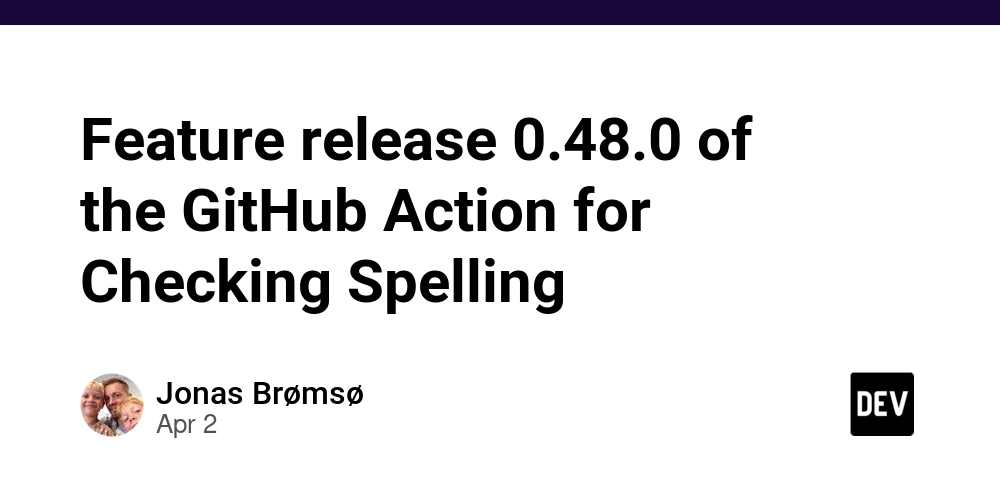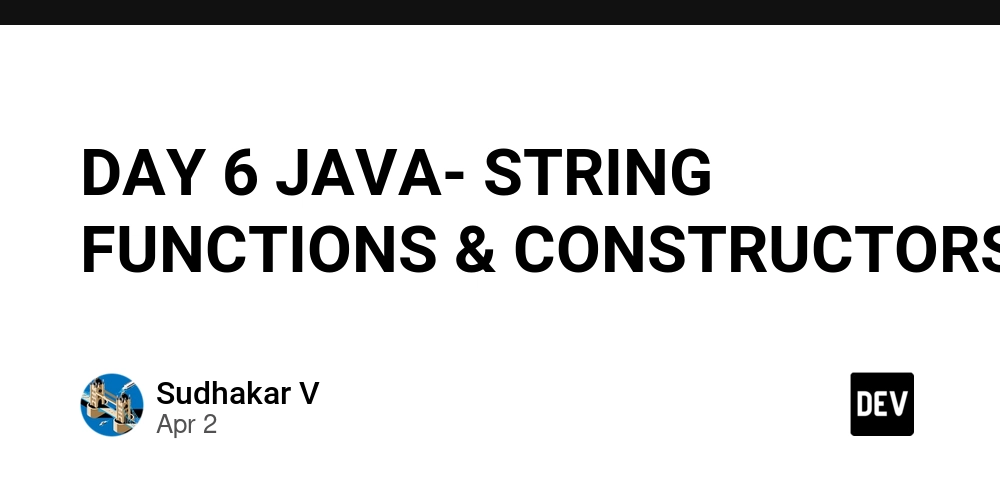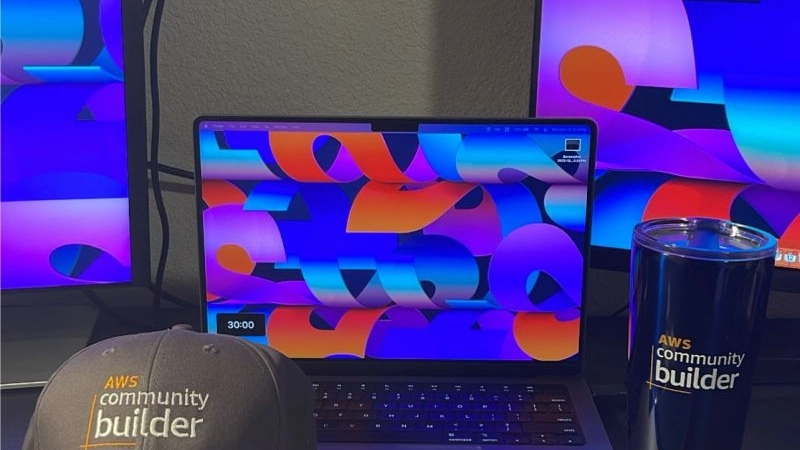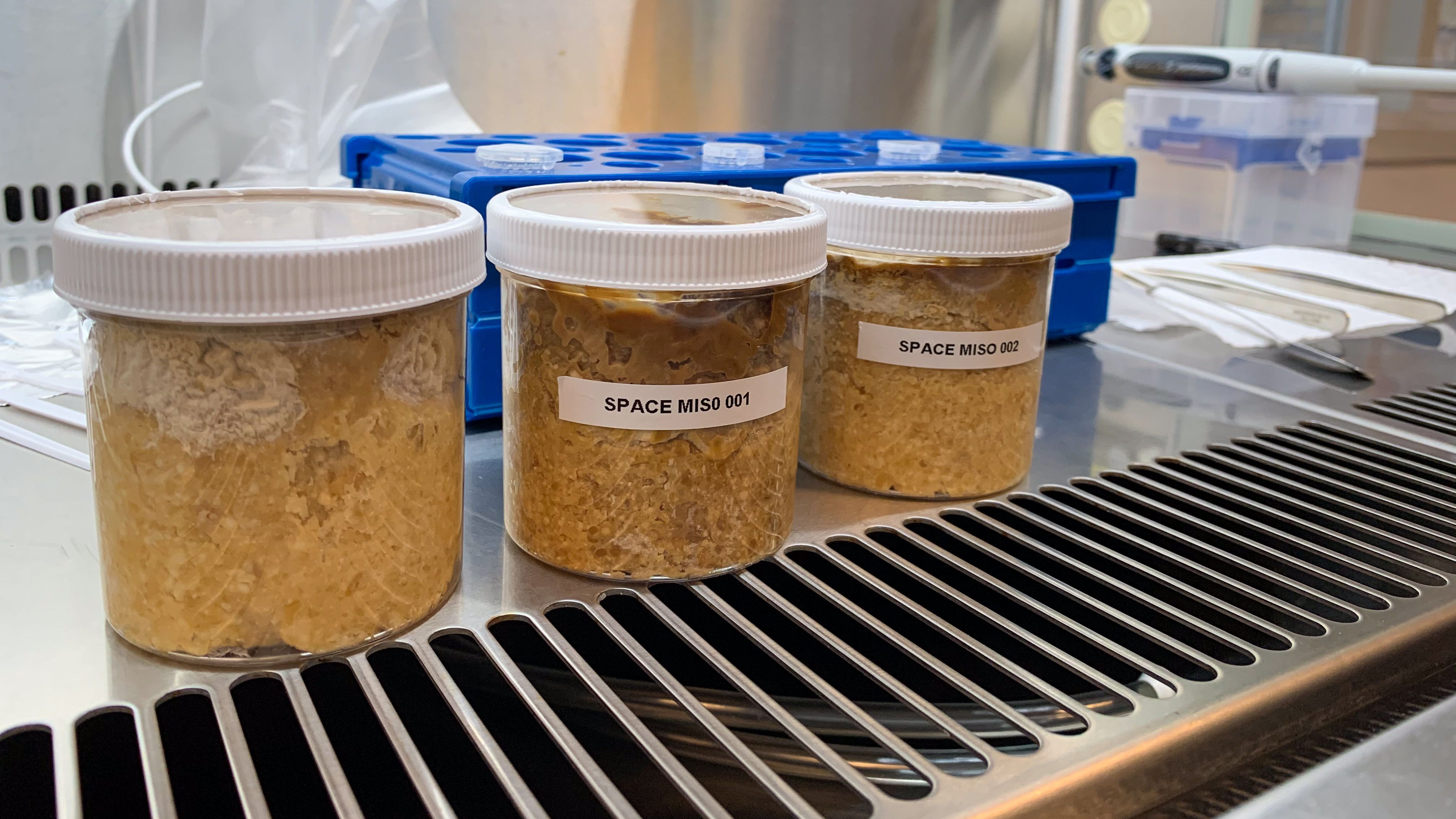How to Land Your First Developer Job
Breaking into the tech industry as a first-time developer can feel overwhelming, but with the right strategy, you can land your first job successfully. Here’s a step-by-step guide to help you get started. Build a Strong Technical Foundation Before applying for jobs, make sure you have the necessary skills. Focus on learning: ✅ Programming Languages – Start with JavaScript, Python, Java, or C#, depending on your interest. ✅ Front-end Development – Learn HTML, CSS, and JavaScript frameworks (React, Vue, or Angular). ✅ Back-end Development – Understand databases, APIs, Node.js, Express, or Django. ✅ Version Control – Get comfortable using Git & GitHub for collaboration. ✅ Data Structures & Algorithms – Practice problem-solving on LeetCode, CodeSignal, or HackerRank to prepare for coding interviews. Work on Real Projects Employers look for hands-on experience. Build a portfolio with: Personal projects – Create a website, build an app, or automate a task. Open-source contributions – Contribute to GitHub projects. Freelancing or internships – Gain real-world experience by working on small paid projects. Hackathons & coding challenges – Join online or in-person competitions to build experience. Create a Portfolio & Resume Showcase your skills with a strong portfolio website that includes: Projects – Include at least 3 solid projects with live demos & source code. GitHub Repositories – Keep your code clean, documented, and professional. Resume – Keep it one page, emphasizing skills, projects, and relevant experience. Tip: If you lack experience, focus on projects and contributions instead! Network & Get Referrals Many jobs come from networking rather than just applying online. Join developer communities – Engage in Reddit, Dev.to, LinkedIn, and Twitter/X. Attend meetups & hackathons – Meet hiring managers and peers. Connect on LinkedIn – Follow industry leaders, recruiters, and developers. Apply for Entry-Level Developer Jobs Once you have the skills and projects, start applying! Look for "Junior Developer," "Front-End Developer," or "Software Engineer I" roles. Apply on LinkedIn, Indeed, Glassdoor, and company career pages. Reach out to recruiters and send cold emails to startups. Prepare for Technical Interviews Most tech jobs require coding tests and technical interviews. Study common algorithms (Sorting, Recursion, Trees, HashMaps). Practice coding problems on LeetCode, HackerRank, or CodeSignal. Mock interviews – Use sites like Pramp or Interviewing.io to simulate real interviews. Keep Learning & Stay Persistent The job search takes time. Keep improving your skills, refining your portfolio, and applying regularly. Stay motivated, apply to multiple positions, and don’t get discouraged by rejections—they’re part of the process! Final Thoughts Landing your first developer job requires patience, skill-building, and networking. Focus on projects, learning, networking, and consistent applications—and you’ll land your first role soon! For more tips, check out Skildor.
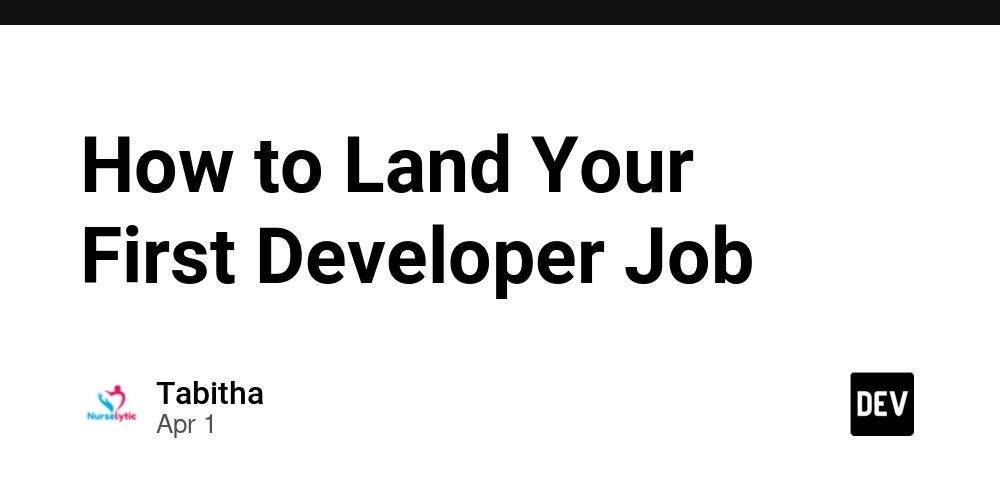
Breaking into the tech industry as a first-time developer can feel overwhelming, but with the right strategy, you can land your first job successfully. Here’s a step-by-step guide to help you get started.
Build a Strong Technical Foundation
Before applying for jobs, make sure you have the necessary skills. Focus on learning:
✅ Programming Languages – Start with JavaScript, Python, Java, or C#, depending on your interest.
✅ Front-end Development – Learn HTML, CSS, and JavaScript frameworks (React, Vue, or Angular).
✅ Back-end Development – Understand databases, APIs, Node.js, Express, or Django.
✅ Version Control – Get comfortable using Git & GitHub for collaboration.
✅ Data Structures & Algorithms – Practice problem-solving on LeetCode, CodeSignal, or HackerRank to prepare for coding interviews.Work on Real Projects
Employers look for hands-on experience. Build a portfolio with:
Personal projects – Create a website, build an app, or automate a task.
Open-source contributions – Contribute to GitHub projects.
Freelancing or internships – Gain real-world experience by working on small paid projects.
Hackathons & coding challenges – Join online or in-person competitions to build experience.Create a Portfolio & Resume
Showcase your skills with a strong portfolio website that includes:
Projects – Include at least 3 solid projects with live demos & source code.
GitHub Repositories – Keep your code clean, documented, and professional.
Resume – Keep it one page, emphasizing skills, projects, and relevant experience.
Tip: If you lack experience, focus on projects and contributions instead!
Network & Get Referrals
Many jobs come from networking rather than just applying online.
Join developer communities – Engage in Reddit, Dev.to, LinkedIn, and Twitter/X.
Attend meetups & hackathons – Meet hiring managers and peers.
Connect on LinkedIn – Follow industry leaders, recruiters, and developers.Apply for Entry-Level Developer Jobs
Once you have the skills and projects, start applying!
Look for "Junior Developer," "Front-End Developer," or "Software Engineer I" roles.
Apply on LinkedIn, Indeed, Glassdoor, and company career pages.
Reach out to recruiters and send cold emails to startups.Prepare for Technical Interviews
Most tech jobs require coding tests and technical interviews.
Study common algorithms (Sorting, Recursion, Trees, HashMaps).
Practice coding problems on LeetCode, HackerRank, or CodeSignal.
Mock interviews – Use sites like Pramp or Interviewing.io to simulate real interviews.Keep Learning & Stay Persistent
The job search takes time. Keep improving your skills, refining your portfolio, and applying regularly.
Stay motivated, apply to multiple positions, and don’t get discouraged by rejections—they’re part of the process!
Final Thoughts
Landing your first developer job requires patience, skill-building, and networking. Focus on projects, learning, networking, and consistent applications—and you’ll land your first role soon! For more tips, check out Skildor.










